British WWI Military Cemetery, Beer-Sheva (click for full size image)
This was the WWI British Military Cemetery just outside the Old City of Beer-Sheva where these soldiers had fallen, most during October 31 and November 7 of 1917, during General Allenby's flanking attack of the Turkish Ottoman forces in Beer-Sheva -- a daring, heroic and victorious cavalry charge during WWI, the final cavalry charge in a major war in military history. The horse would soon be retired in favor of more mechanized forms of warfare.
It was the beginning of the end of 400 years of Ottoman Turkish rule in the Holy Land, and truly the very first physical beginnings of the modern State Of Israel, the Third Commonwealth. Two days after the defeat of the Ottoman forces, on Nov. 2, 1917 the Balfour Declaration would be signed, stating that "His Majesty's government view with favor the establishment in Palestine of a national home for the Jewish people..."
Beer-Sheva 1917 (Source: Wikipedia)
Turkish trenches, Beer-Sheva, 1917
A special air of peace and quality of tranquility permeates the large square city block that holds the cemetery. Although almost no one comes here, it is a locus that represents "the modesty of history", as Jorge Luis Borges puts it, the unnoticed but truly monumental happenings of history.
"He added a second actor," Artistotle says in passing of the Greek playwright Aeschylus in his Poetics, and with it the possibility of all future dialogues to come. Did anyone watching that play 2500 years ago in the Greek theater realize what had just changed forever? Did anyone realize what had changed with Allenby's victory at Beer-Sheva? The Land of Israel, from which the Jewish nation had been exiled for 2000 years, would be returned to them 31 years later. And so, as Joseph says to his brothers, "And now be not grieved, nor angry with yourselves, that ye sold me hither [to Egypt]...So now it was not you that sent me hither, but G-d..." In the great arc of history each person and nation acts according to its own interests and reasons, but "there is a divinity that shapes our ends, rough hew them how we will."
It is hard to stand in this sacred place without seeing the great WWI poetry of the British people come to life:
The Soldier - by Rupert Brooke
IF I should die, think only this of me:
That there's some corner of a foreign field
That is forever England. There shall be
In that rich earth a richer dust concealed;
A dust whom England bore, shaped, made aware,
Gave, once, her flowers to love, her ways to roam,
A body of England's, breathing English air,
Washed by the rivers, blest by the suns of home.
And think, this heart, all evil shed away,
A pulse in the eternal mind, no less
Gives somewhere back the thoughts by England given;
Her sights and sounds; dreams happy as her day;
And laughter, learnt of friends; and gentleness,
In hearts at peace, under an English heaven.
"F.N. Green; City of London Yeomanry; 27th October 1917; Age 24
Peace Perfect Peace with Loved Ones Far Away"
"V.W. Ashworth; 4th Anzac Battalion; Imperial Camel Corps; 7th November 1917;
Dear Lad To Live In Hearts Left Behind Is Not To Die
W.G. Trustham; London Scottish; 31st October 1917; Age 23
Not Far Away For Unbroken Is The Golden Chain Of Love
In Flanders Fields
By: Lieutenant Colonel John McCrae, MD (1872-1918)
Canadian Army
In Flanders Fields the poppies blow By: Lieutenant Colonel John McCrae, MD (1872-1918)
Canadian Army
Between the crosses row on row,
That mark our place; and in the sky
The larks, still bravely singing, fly
Scarce heard amid the guns below.
We are the Dead. Short days ago
We lived, felt dawn, saw sunset glow,
Loved and were loved, and now we lie
In Flanders fields.
Take up our quarrel with the foe:
To you from failing hands we throw
The torch; be yours to hold it high.
If ye break faith with us who die
We shall not sleep, though poppies grow
In Flanders fields.
E.A.H. Burn; London Scottish; 31st October 1917; Age 20
Dear Eddie Cool And Courageous Ever Ready
John Jules Hurst; 22nd BN London Regiment; 31st October 1917; Age 22
Life Man Holds Dear But The Brave Man Holds Honour Far More Precious
A Soldier of the Great War
Thomas W. Wright; Welch Regiment; 3rd November 1917
Gave His Life For King And Country Love From Father and Mother
And then there are those that do give rise to thoughts too deep for tears...
Sidney Healey; Welsh Regiment; 3rd November 1917; Age 33
In Loving Memory Of My Dear Husband If Only To Have Clasped Your Hand To Say Goodbye
R.M. Ashton DCM; Loyal North Lancs. Regt.; 7th November 1917 Age 33
Ever In Our Thoughts Dearest; Maude
David Michael; Royal Welsh Fusiliers; 7th November 1917; Age 22
Er in hir estron
nid an anghof
fan fechan ei fedd
gan ei rieni
Far away in a foreign land
There is a ne'er forgotten
Little grave.
--by his parents
Finally, there stands a lone Jewish tombstone to Captain S.J.H. Van Den Bergh, Middlesex Yeomanry, 27th October, 1917, Age 27. Remembered still by the token of small rocks left on his monument, as is the Jewish custom.
Pro Aris et Focis, motto of the Middlesex Yeomanry, "For G-d and Country"
Son of Henriette Van Den Bergh
So Far From Home Yet So Near To Those Who Love Him
(Source)
The Balfour declaration notwithstanding, the British were never the best friends of the Jews, expelling them from England under King Edward I in 1290, not to return for 350 years; the massacre at York in 1190; and the notorious refusal of the British to save Jewish lives during the Holocaust by refusing them entry into Palestine. For those Jewish readers who like to imagine themselves attending Shakespeare plays in the Globe Theater of Queen Elizabeth I, you couldn't have done it; you weren't there.
Still, history is history and in the final analysis the land that the British won from the Ottoman Caliphate was finally ceded to the Jews in 1948. The British just walked away. And just as Shakespeare had to imagine his Jews in the Merchant of Venice, never having met any, we can imagine a better England, that lives up to its storied imaginings and its glorious past:
Still, history is history and in the final analysis the land that the British won from the Ottoman Caliphate was finally ceded to the Jews in 1948. The British just walked away. And just as Shakespeare had to imagine his Jews in the Merchant of Venice, never having met any, we can imagine a better England, that lives up to its storied imaginings and its glorious past:
- This royal throne of kings, this sceptred isle,
This earth of majesty, this seat of Mars,
This other Eden, demi-paradise,
This fortress built by Nature for herself
Against infection and the hand of war,
This happy breed of men, this little world,
This precious stone set in the silver sea,
Which serves it in the office of a wall
Or as a moat defensive to a house,
Against the envy of less happier lands,--
This blessed plot, this earth, this realm, this England. - William Shakespeare, "King Richard II", Act 2 scene 1 (1564 - 1616)
Hearts at Peace Under a British Heaven
You might also be interested in the timely and newly published "Trials of the Diaspora: A History of Anti-Semitism in England" by Anthony Julius








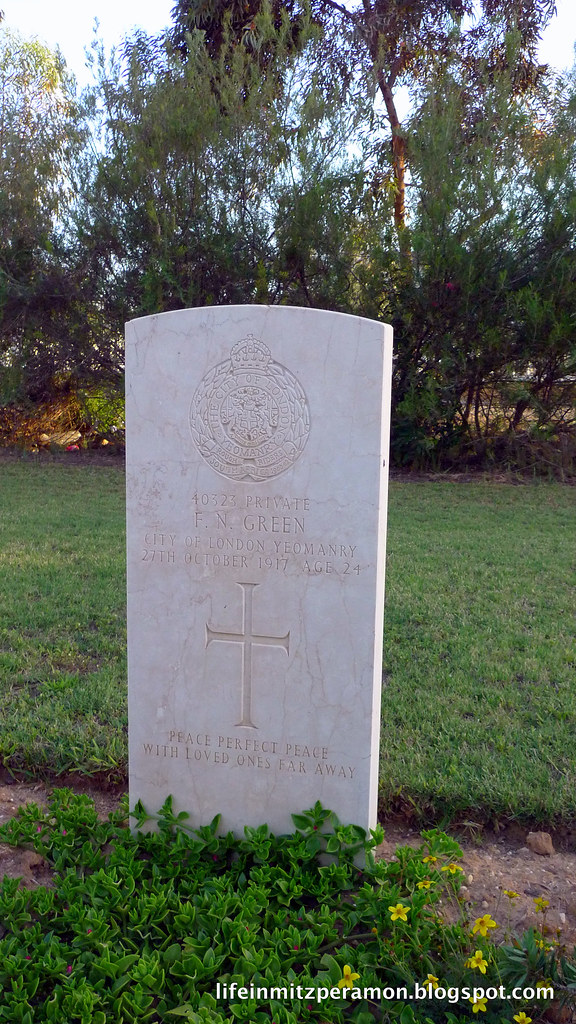
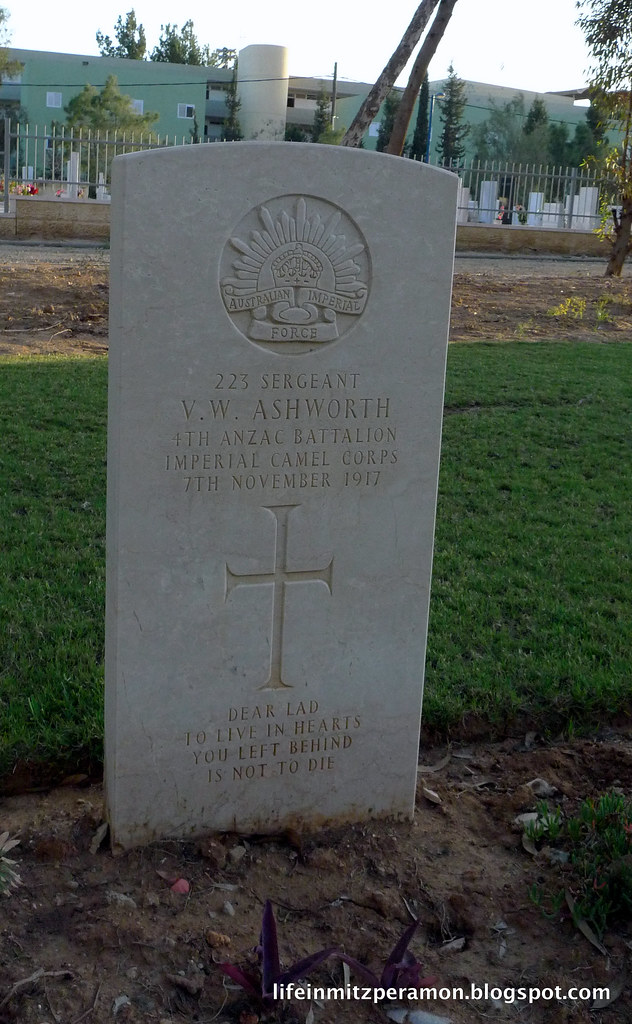
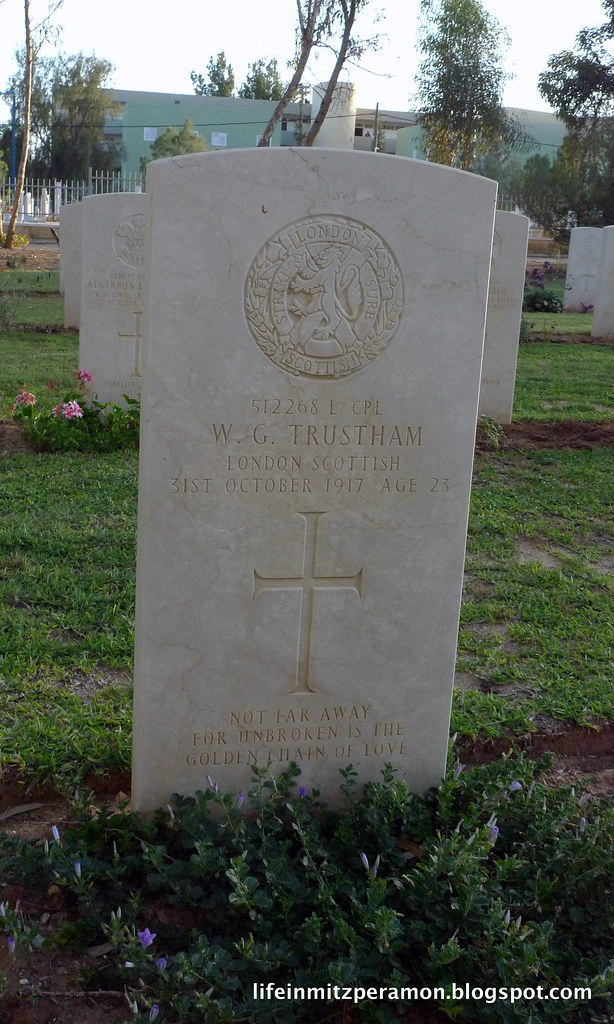


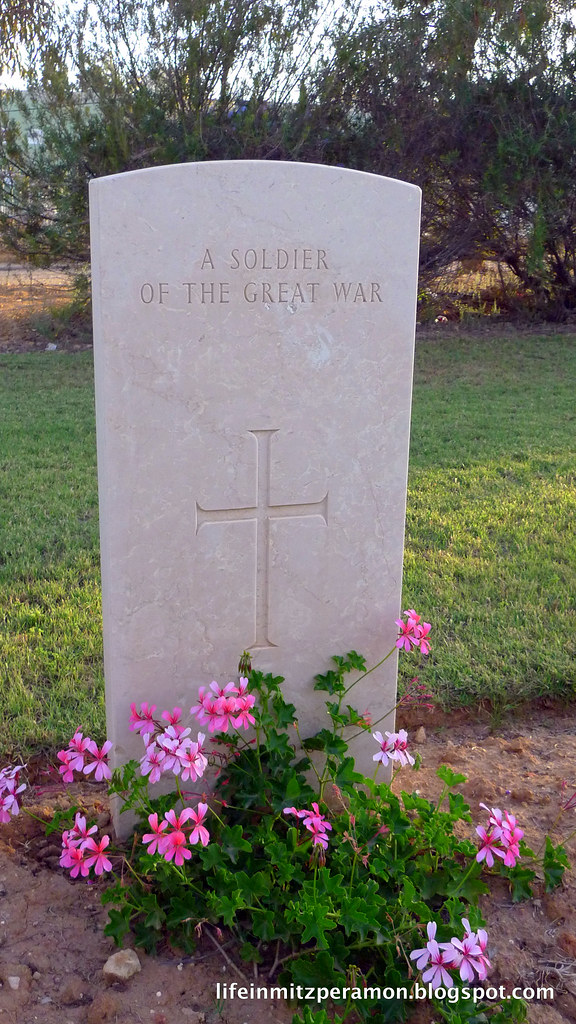
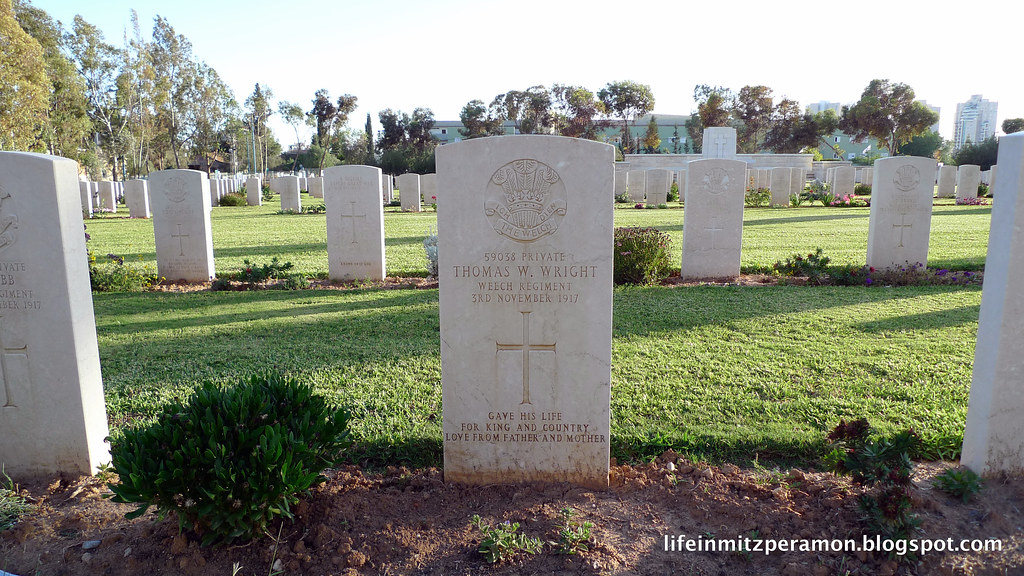
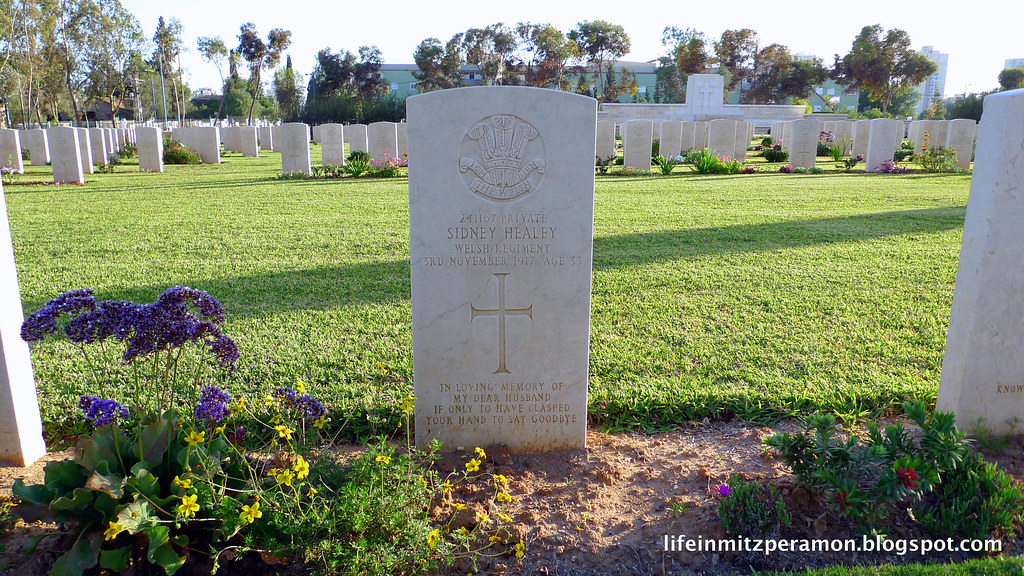





No comments:
Post a Comment